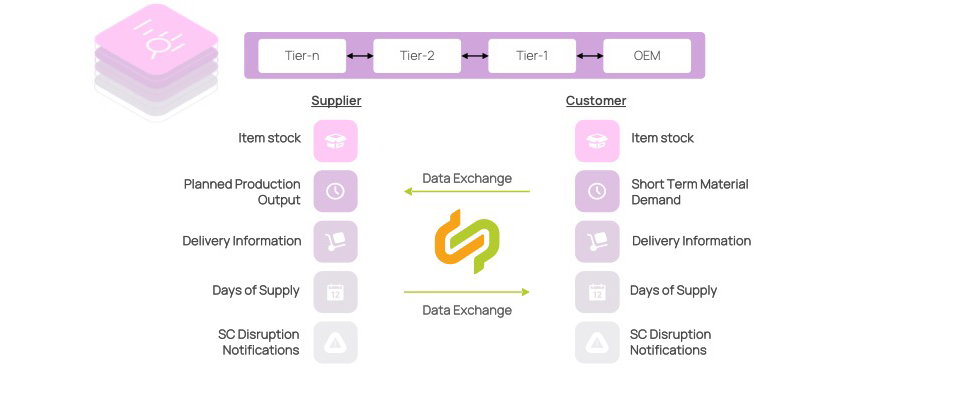Digital Product Passport: Digital Product Passports for the industrial circular economy
Digital Product Passports (DPPs) are designed to create transparency regarding the materials, origin, and sustainability of physical products. Starting in 2027, the first DPPs will become mandatory in the EU. The project aims to develop an open and interoperable solution that enables companies to easily enter the digital circular economy – independent of existing ecosystems and based on open-source technologies.
 Fraunhofer Institute for Software and Systems Engineering
Fraunhofer Institute for Software and Systems Engineering












